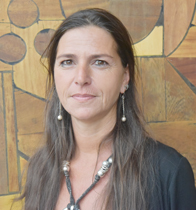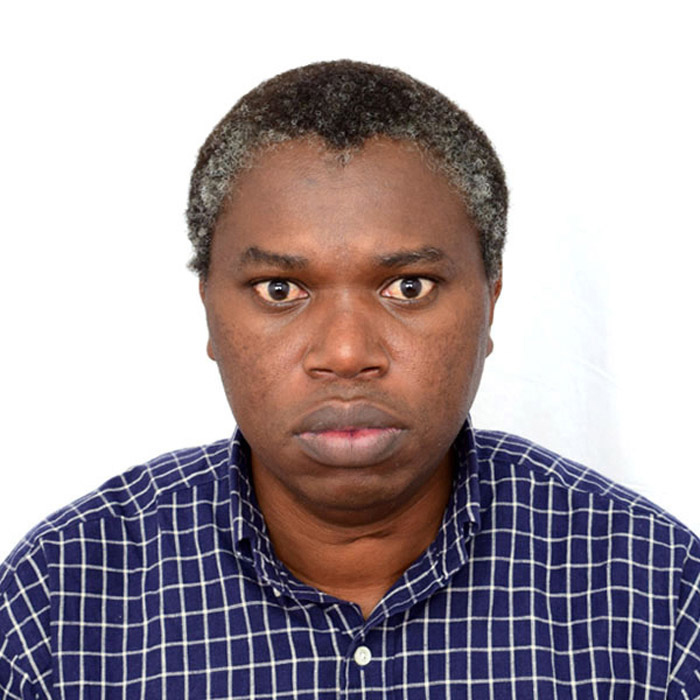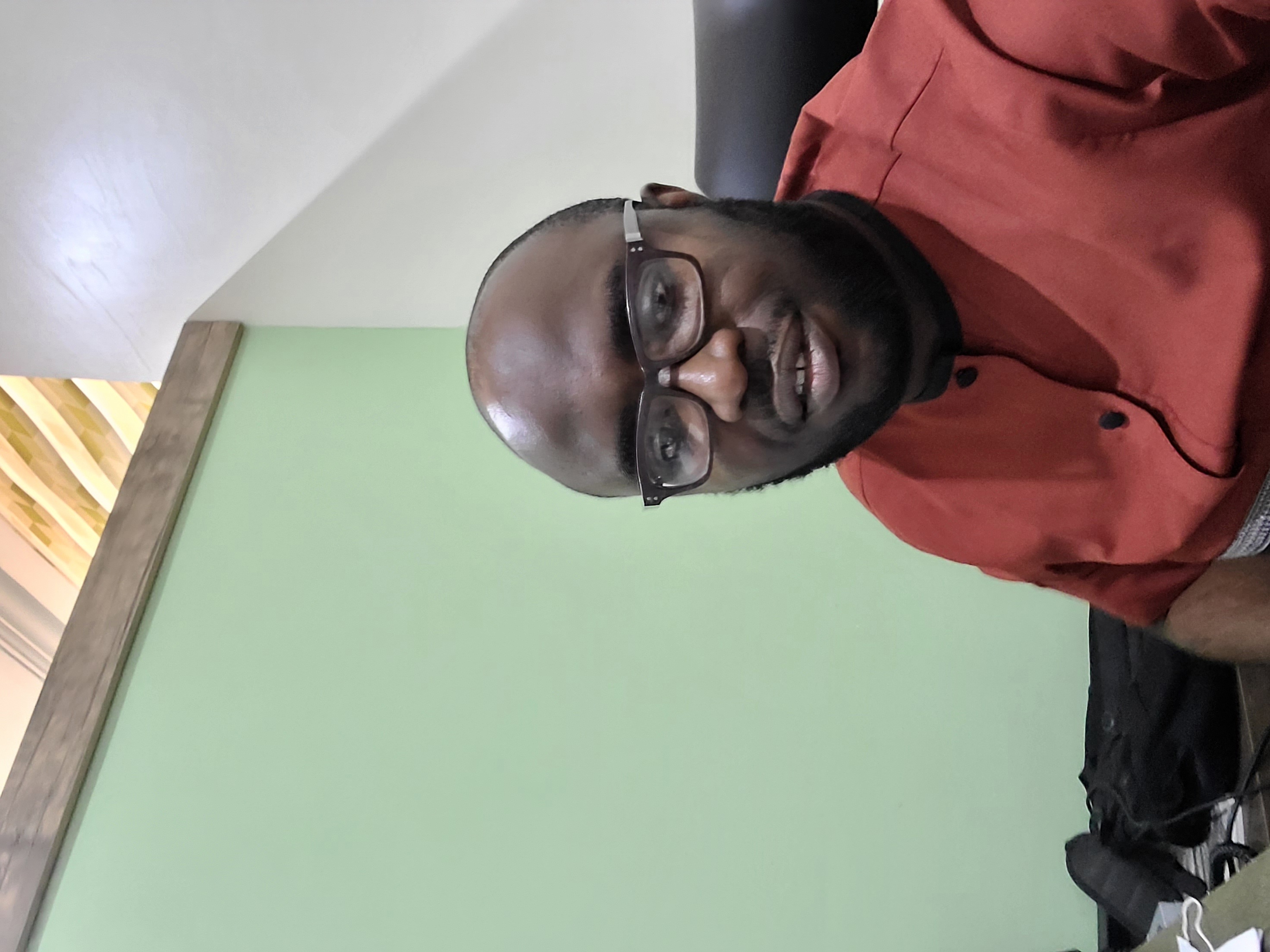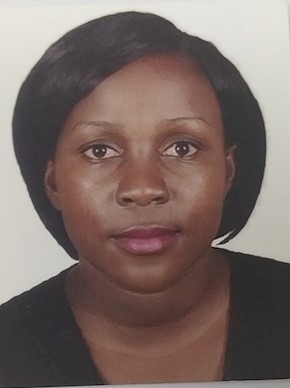

Dr
Barbara Castelnuovo
Current Organisation
Infectious Diseases Institute
Current Job Title
Head of Department
Biography
Publications
We conducted a cross-sectional study to describe routine physical function assessment for HIV-infected adults aged ≥60 years attending a large urban HIV clinic in Kampala, Uganda. Assessed demographic and clinical factors associated with low physical function in the population, generalized linear regression model was used to estimate factors associated with low physical function. Of the 93 elderly patients that underwent the Short Physical Performance Battery (SPPB) assessment, 43/93 (44.1%) scored 1-8 points at the SPPB evaluation and were categorized as low function, 45/93 (48.4%) scored 9-11 points and were categorized as moderate function and 7/93 (7.5%) scored 12 points and were categorized as high (normal) function. Women (adjusted risk ratio (ARR) 2.57; 95% confidence interval (CI): 1.54-4.29, p = 0.000) had increased risk of low physical function compared to men. A one-year increase in age (ARR = 1.09; CI: 1.03-1.15, p = 0.004) and being overweight (BMI > 25.0, ARR = 1.96; CI: 1.89-3.24, p = 0.008) also carried an increased risk of low physical function status. A higher number 13/41(32%) of falls was recorded in female than among male 3/53(5.8%) patients (p = 0.001). The SPPB assessment is a starting point for clinicians to comprehensively evaluate and consider the management of physical function limitation among older HIV-positive patients.
Project Title
EDCTP-GSK fellowship: Diagnosis and treatment of non-communicable diseases and geriatric syndromes in the HIV aging population in sub-Saharan Africa (Geriatric HIV cohort Africa)
EDCTP Project
TMA2017GSF-1936
EDCTP Program
EDCTP2
EDCTP Project Call
Senior Fellowship (SF)
Host Organisation
| Department | Institution | Country |
|---|---|---|
| Reserach | Infectious Diseases Institute | UG |
Project Objectives
Specific Aim 1. To establish a cohort of aging patients ≥60 years (Geriatric cohort) in order to capture NCD endpoints and their risk factors: hypertension, cardio vascular disease (annual ECG screening), respiratory disease (peak flow meter screening and spirometry), renal disease (proteinuria and creatinine clearance), cancers (complete skin evaluation, pap smear, faecal occult blood, breast exam) will all be added to other standard of care procedures in place. Specific Aim 2. In the Geriatric cohort we propose to measure physical function using the Short Performance Physical Battery, muscle strength, (Gait speed and assessment of grip strength with handheld dynamometry), frailty phenotype, and history of falls. The tools that were developed and submitted in Year one (paper based), were developed as e-forms using RedCap and are currently used to assess the participants. Specific Aim 3. To form a group of established clinicians and researchers in the area of HIV and various NDCs with interest in HIV and NCDs and HIV and geriatric medicine. This group will be initially advised by international mentors. Aim 3 will also support 2 master and 1 PhD students in the areas of HIV, NCDs and aging.
Study Design
Observational prospective cohort
Project Summary
The study proposal aims to build capacity for the detection and care of non-communicable diseases and geriatric syndromes the geriatric HIV positive population in sub-Saharan Africa. HIV infected individuals are at higher risk of “non AIDS” complications such as multiple non-communicable diseases; non-communicable diseases also often increase with age. Additionally, HIV infection itself seems to be associated to an accelerated aging process, due to multiple factors such as chronic inflammation and long term drug exposure. Within this proposal a cohort of HIV positive aging patients ≥60 years (Geriatric cohort) will be established in order to capture non communicable diseases, and their risk factors. Participants of the geriatric cohort will be screened for hypertension, cardio vascular disease (annual ECG screening), respiratory disease (peak flow meter screening and spirometry), renal disease (proteinuria and creatinine clearance), and cancers (complete skin evaluation, pap smear, faecal occult blood, breast exam) (Aim 1). Additionally, the participants of the cohort will be evaluated for geriatric syndromes through the measurement of physical function using the Short Performance Physical Battery, muscle strength, (Gait speed and assessment of grip strength with handheld dynamometry), frailty phenotype, and history of falls (Aim 3). The third aim of this proposal is to establish a wider capacity for the detection and care of non-communicable diseases and geriatric syndromes. We intend to form a group of established clinicians and researchers in the area of HIV and various NDCs with interest in HIV and NCDs and HIV and geriatric medicine. This group will meet monthly to provide peer to peer mentorship in the format of case presentations, journal clubs, research results presentations. This group will also be linked to a network of international experts in the field through quarterly teleconferences, and will foster and support the translation and exchange of new knowledge on HIV and aging to multiple stakeholders including community, academia and policy makers. Aim 3 will also support 2 master and 1 PhD students in the areas of HIV, NCDs and aging. To ensure sustainability of the work proposed in this application, this group will also start working on 2 grants proposals to be submitted in year 3 and 4, when the fellow and the group are expected to have acquired more skills in research on HIV and non-communicable diseases. The description of geriatric syndromes will constitute the foundation to generate ideas and research questions for future grants in Geriatric medicine.


